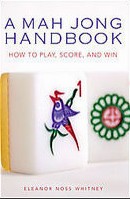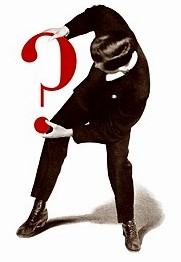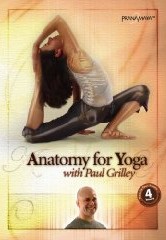Finished listening to
Magic Seeds
by V.S. Naipaul.
The low-energy reading by Aasif Mandvi nearly made me give up on this book until I realized that he
may be basing his modulation on the passivity of the text.
A sad story about Willie Chandran,
a weak-willed man drifting through life.
He leaves his wife in Africa to live with his sister in Germany,
leaves his sister at her prompting to join a revolutionary group (though apparently and accidentally
not the one that his sister recommended) in India,
wanders around with the revolutionaries from failure to failure,
murders an innocent farmer,
escapes from the revolutionaries,
gets captured by the police,
gets sprung from prison by her sister and a British lawyer he once knew,
lives with the lawyer in Britain,
and has an affair with the lawyer's wife.
Most of the characters in the book are leaches in society, either explicitly according to Naipaul
(e.g. in his tirades against the modern British poor living in subsidized housing estates and getting
financial allowances for each of their children) or implicitly (not just the protagonist, his lawyer friend,
and their architecture-and-real-estate-dealing friend but almost all the revolutionaries).
The only non-leaches seem to be the rural farmers, including the man Willie Chandran murdered.
 Links.
Links.
 Booker Prizes
Booker Prizes
 Chocolate.
Chocolate.
 Books read
Books read
 Best books read in 2009.
Best books read in 2009.
 Best writers of poetry and prose
Best writers of poetry and prose
 Harry Potter;
also
Harry Potter en Español.
Harry Potter;
also
Harry Potter en Español.
 New books on Christianity and Spirituality
New books on Christianity and Spirituality


 Why read a book?
Why read a book?
 The Mental Health of George W. Bush
The Mental Health of George W. Bush




